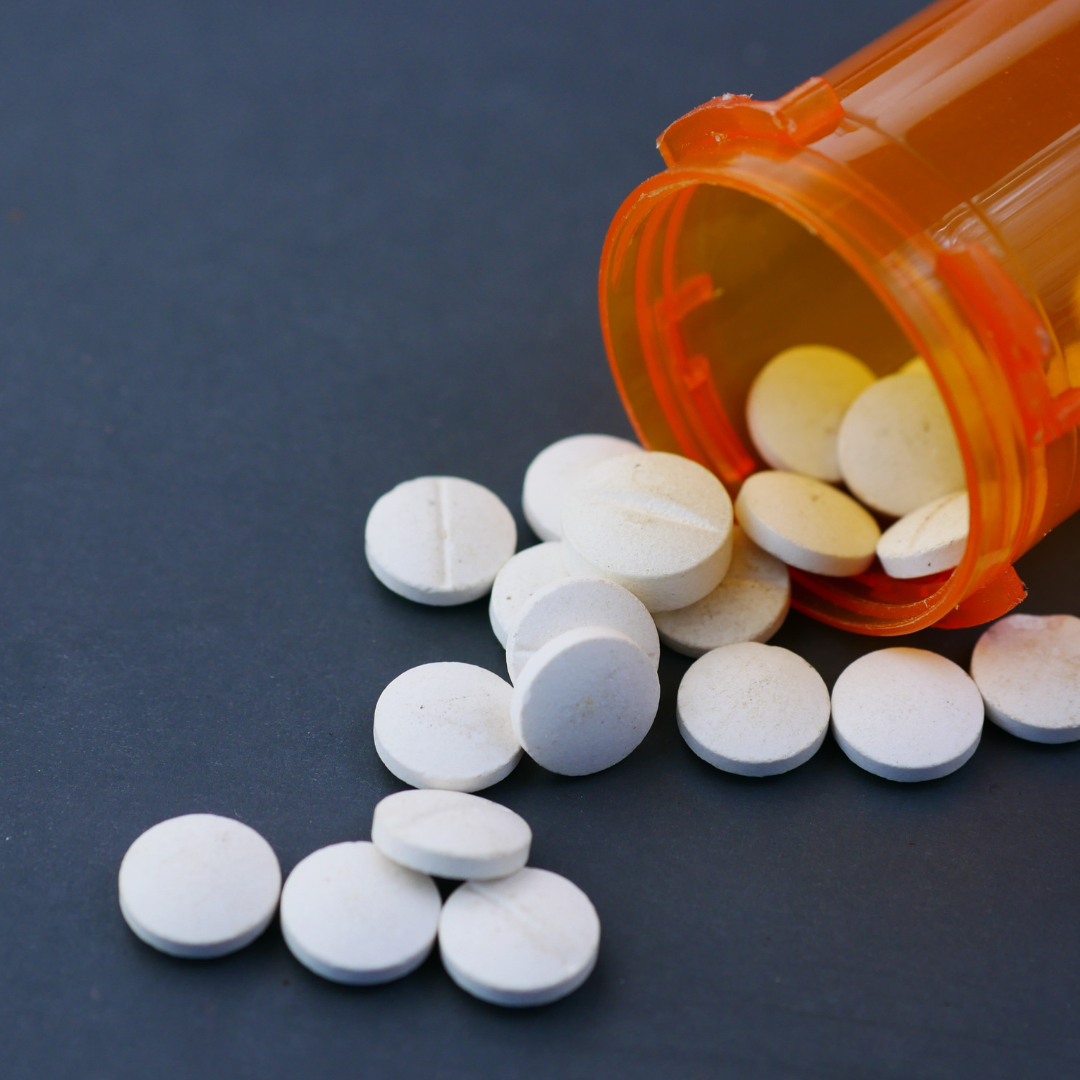Sign up for our information-filled email newsletter

Substance Use Prevention and Resources

At Pride Surveys, our mission is driven by our commitment to work with our community partners and education coalitions to provide research, resources, and data surrounding and focusing on the current issues that affect today’s youth and adolescents. This month, we’re focusing on substance use and drug prevention in teens and adolescents in light of October’s National Substance Use Prevention Month, a time for communities to come together as partners in prevention. October is also an awareness month to acknowledge those in recovery, as well as children, parents, family, and friends supporting them.
Even with the rise of fentanyl, we can’t overlook the abuse potential and harmful effects of readily available and accessible over-the-counter (OTC) drugs.
Take, for example, a recent tragedy in Ohio when a teen died after partaking in the Benadryl challenge, a viral TikTok trend in which users take between 12 to 14 pills with the goal of inducing hallucinations. The incident highlights the need for physicians and caregivers to educate children on the proper use of OTC medications, why this is important, and then correctly educate themselves to notice the symptoms of substance use.
Commonly Abused OTC Drugs
While illicit drugs often take center stage in discussions about substance abuse, we need not underestimate the misuse of OTC drugs. Abused more often by teens because of their easy accessibility, some of the frequently abused OTC drugs include:
- Dextromethorphan (Robitussin)
- Pseudoephedrine (Sudafed)
- Loperamide (Imodium)
- Dimenhydrinate (Dramamine)
- Diphenhydramine (Benadryl)
What You Need to Know
OTC medicines are readily available without a prescription. They are intended to alleviate common ailments, such as pain, coughs, colds, and allergies. However, some OTC medicines contain active ingredients that can be easily misused when taken in higher-than-recommended dosages.
Parents should be on the lookout for medicine cabinets that seemingly empty themselves and empty bottles of any of these products popping up in the garbage mysteriously.
Understanding the Effects on the Brain
One of the more concerning aspects of OTC drug misuse is its impact on the brain. For example, Dextromethorphan (DXM), found in products like Robitussin, is an opioid that doesn’t reduce pain but can cause depressant and hallucinogenic effects in high doses, similar to substances like PCP and ketamine. It can cause experiences including euphoria and visual and auditory hallucinations. The repeated pursuit of these effects can lead to addiction, a condition characterized by the inability to stop using a drug despite its detrimental consequences.
Loperamide, found in Imodium, is another OTC drug that can be misused. Although it’s designed not to affect the brain, large amounts, when combined with other substances, can cause opioid-like effects. These include a sensation of euphoria, miosis (small pupils), central nervous system depression, and respiratory depression. Overdose and death are possible with loperamide, but Naloxone can be used in cases of overdose. (NIH) Misuse can lead to addiction and pose serious risks, given the impact of opioids on the brain’s areas responsible for pleasure, pain perception, and vital functions like breathing.
What Parents and Teachers Can Do
If you suspect that your child or student is misusing OTC medication or has other substance use issues, there are a few things to address the issue:
- Open Communication: Approach your child with empathy and understanding. Encourage open dialogue about the risks associated with drug misuse.
- Seek Professional Help: If the problem persists or worsens, consider seeking guidance from a healthcare professional or a substance abuse counselor.
- Secure Medications: Keep OTC medications in a locked cabinet or another secure location to prevent easy access.
- Educate Yourself: Familiarize yourself with the dangers of OTC drug misuse and stay informed about the substances your child might encounter while with their friends or at a seemingly innocent social event.
Preventing adolescent drug abuse, particularly OTC medication misuse, requires vigilance, education, and open communication. By understanding the risks associated with commonly abused OTC drugs and recognizing warning signs, parents can take proactive steps to protect their children and provide the support needed to promptly address any substance misuse issues.
If you would like more information on OTC substance use and drug prevention or need additional information on general behavioral stress, depression, addiction, or other mental health-related issues in your communities, we offer many options to fit various needs.
Resources
https://sunrisehouse.com/otc-abuse/
https://nida.nih.gov/publications/drugfacts/over-counter-medicines

- The Spike In Teen Alcohol Abuse During Summer And How to Combat It
- Substance Use Prevention in Youth Heading Into Summer
- The Impacts of ADHD on Youth Substance Abuse
- How the Mental Health Professional and Teacher Shortage Affects Students
- Student Challenges Over Summer 2022




